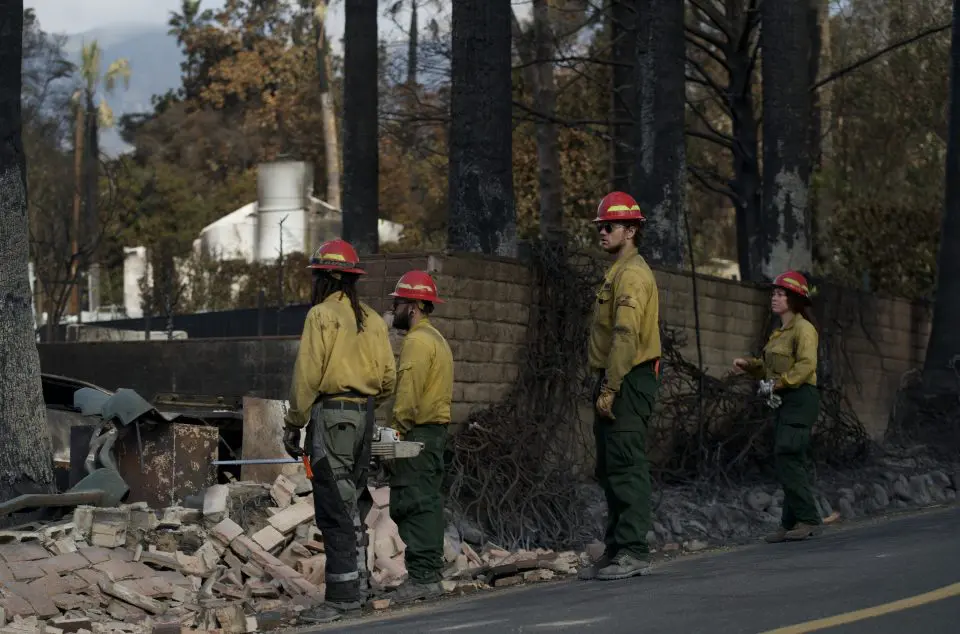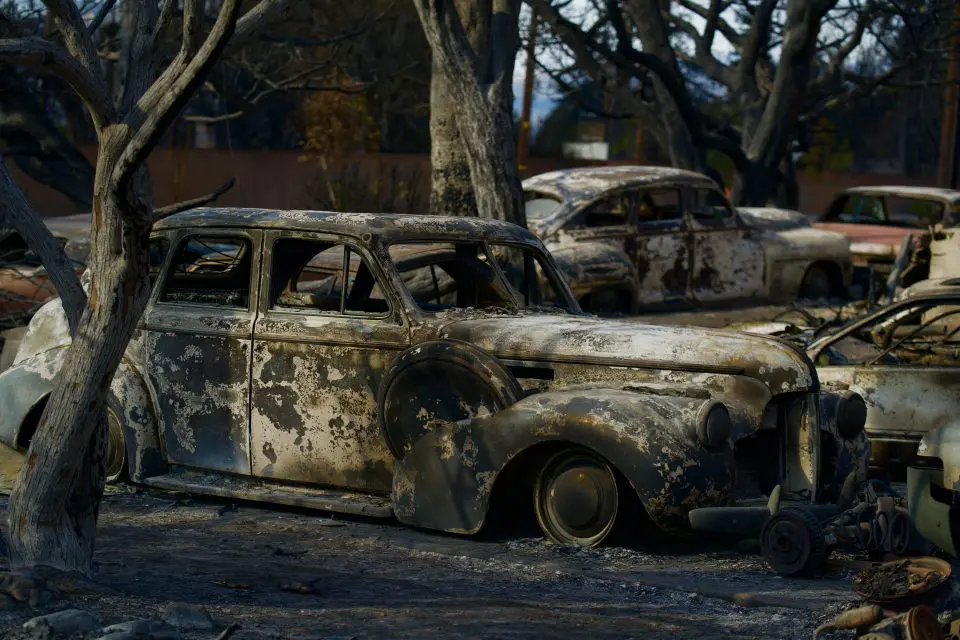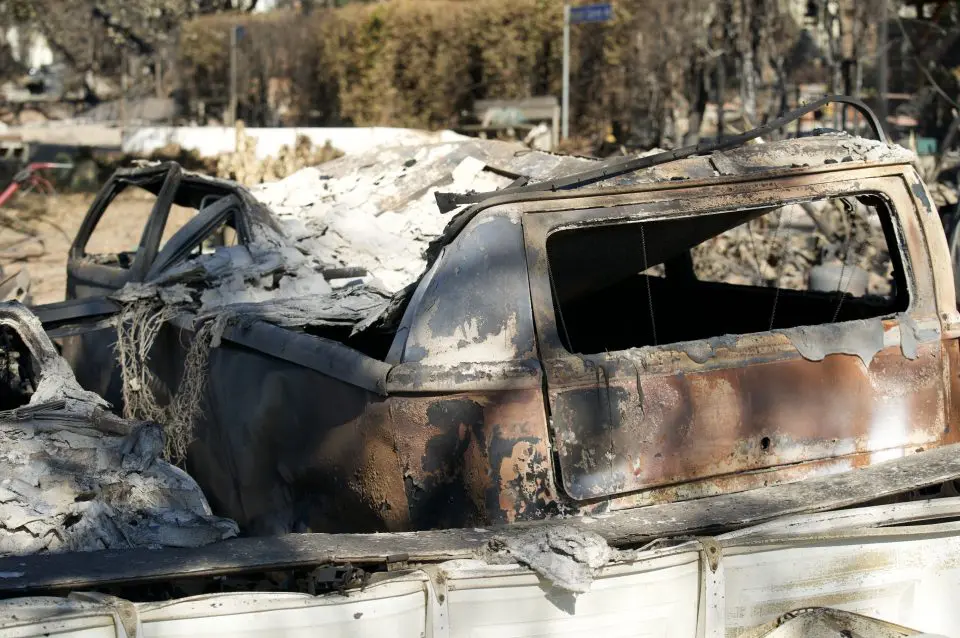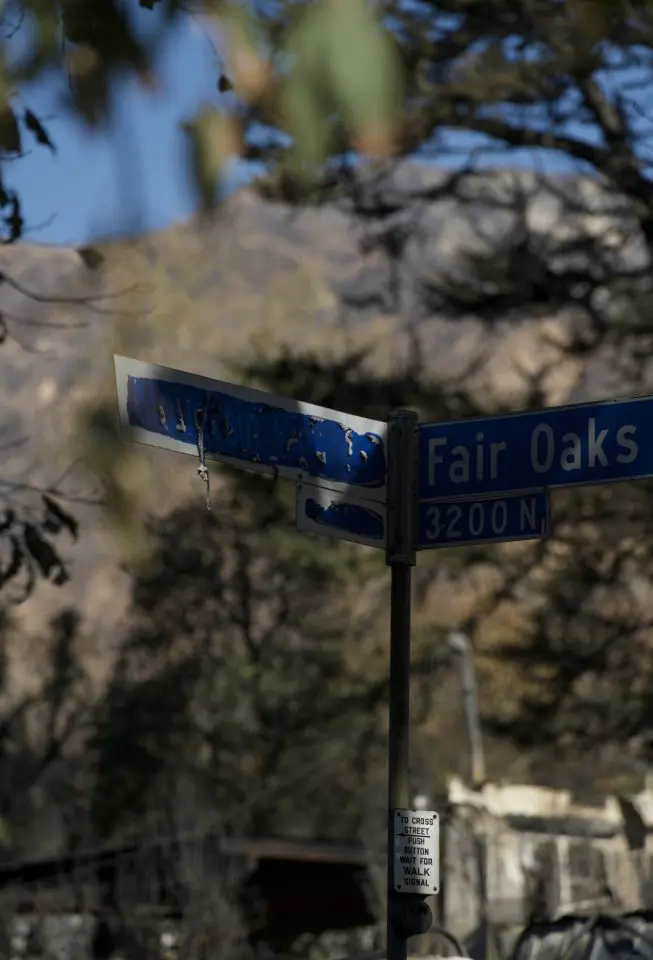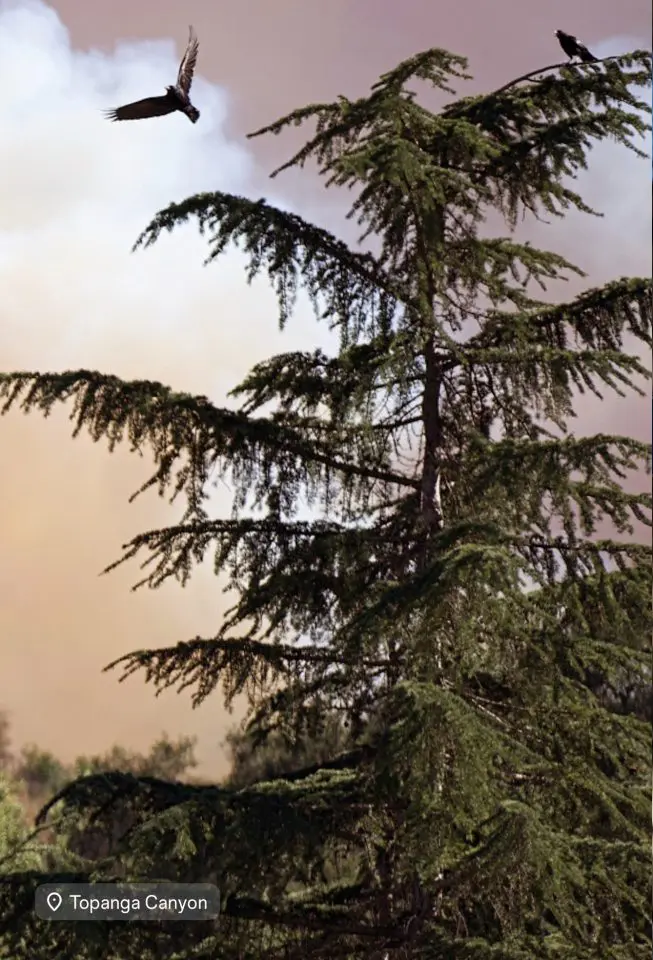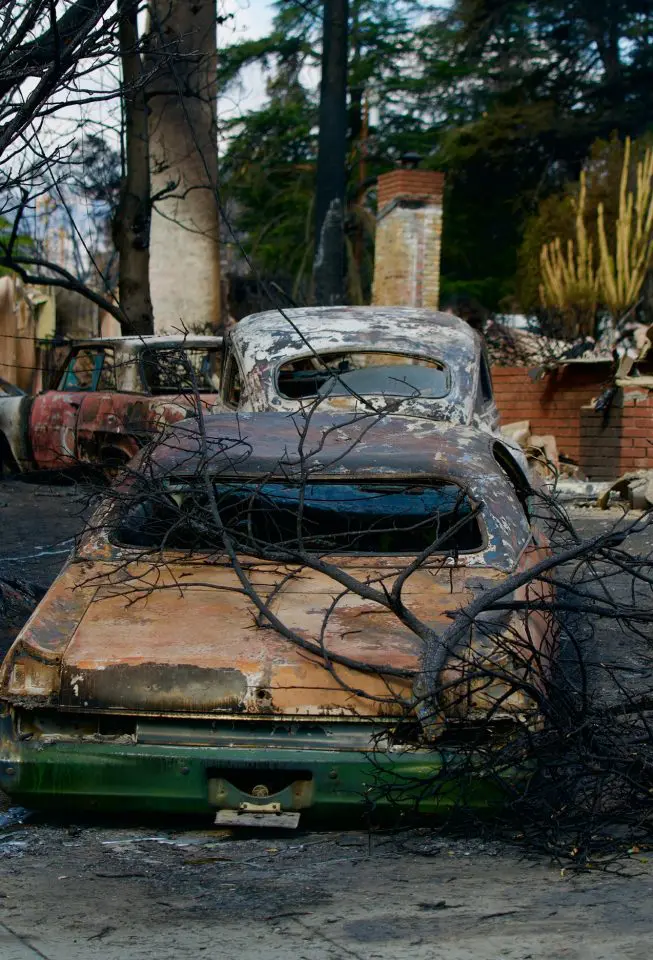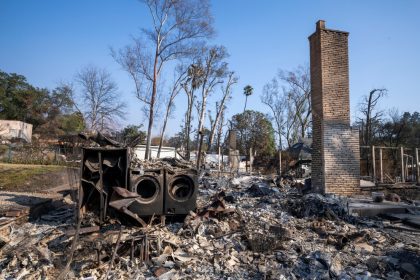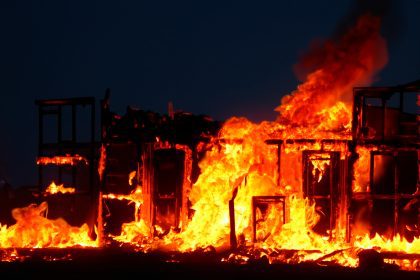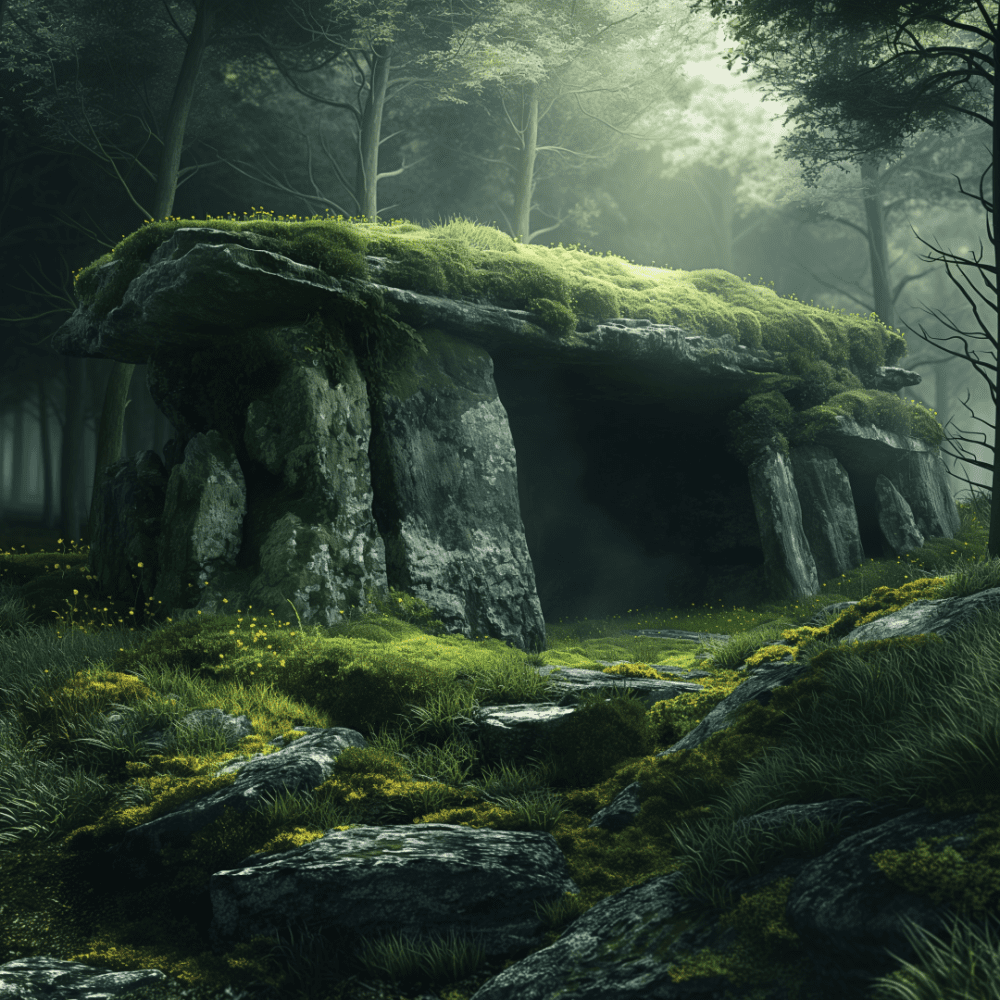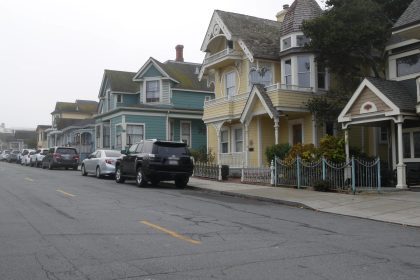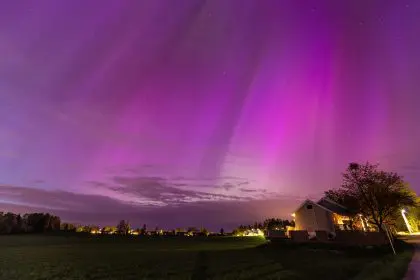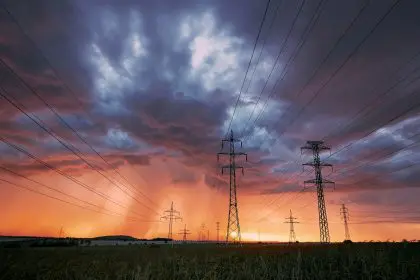The recent fires that ravaged Altadena, California, have left a trail of destruction in a community with deep roots and a rich history. It’s important to understand the impact of this disaster not just through statistics, but through the lens of the community’s past and the images that now define their struggle and hope.
Altadena, established in the early 20th century, has been a haven for African Americans seeking refuge from racial oppression. From the 1920s, Black families began to settle here, drawn by the promise of land and the opportunity to build a life free from segregation. Over the decades, Altadena became a vibrant hub of Black culture, with churches, schools, and businesses that fostered a strong sense of community and pride.
The recent fires have struck at the heart of this community, leaving behind a landscape of devastation. Over 10,000 homes were lost to the LA fires, a staggering 7000 of them were in Altadena. An estimated 3,000 Black residents have been directly affected by the fires, many of whom have lost everything they owned.
The images that have emerged from Altadena are heart-wrenching. Burnt cars line the streets, their charred remains a stark reminder of the ferocity of the flames. Houses that once stood as symbols of hard-won success are now reduced to rubble, with only chimneys standing as ghostly sentinels of what was lost. Yet amidst the devastation, there are also images of hope and resilience. Families gather to pray, their hands clasped and eyes closed, seeking strength from a higher power. The community comes together, offering support and solidarity in the face of overwhelming loss.
The loss of homes is not just a material loss; it’s a blow to the very heart of this community, to the memories and stories that have been passed down through generations. The road to recovery will be long and arduous. Many Black residents are now facing the daunting task of rebuilding their lives from scratch, with little more than the clothes on their backs. The emotional toll of this disaster cannot be overstated, as families grapple with the trauma of losing their homes and the uncertainty of what lies ahead.
Adding to the distress, there’s a growing fear among residents about being lowballed by developers looking to capitalize on the disaster. Many worry that the offers they receive will not reflect the true value of their homes and land, leading to exploitation during their most vulnerable moments. This fear is particularly acute among long-term, low-income residents who are concerned about their ability to rebuild. The lack of sufficient support and resources means that many may be unable to afford the costs of reconstruction, leaving them at risk of displacement.
There’s a general apprehension that Altadena, a community with a rich Black heritage, might be bought out and transformed beyond recognition. The fear is that the influx of developers and investors could change the demographic and cultural fabric of the area, erasing the legacy that generations have worked so hard to build.
Yet, the resilience that has always defined this community remains strong. From the days of slavery to the civil rights movement, African Americans have faced unimaginable challenges and emerged stronger. The fires in Altadena are a test of that resilience, a challenge to the spirit of a community that has been a beacon of hope and progress for nearly a century.
As we move forward, it’s crucial that we honor the legacy of Altadena’s Black community. We must support those who have been affected by the fires, helping them rebuild not just their homes, but their lives. And we must remember the history of this community, the stories of struggle and triumph that have made Altadena what it is today. In the face of such devastating loss, it’s the spirit of the community that will guide them towards healing and renewal.
Photo Courtesy of Mike Melendy


